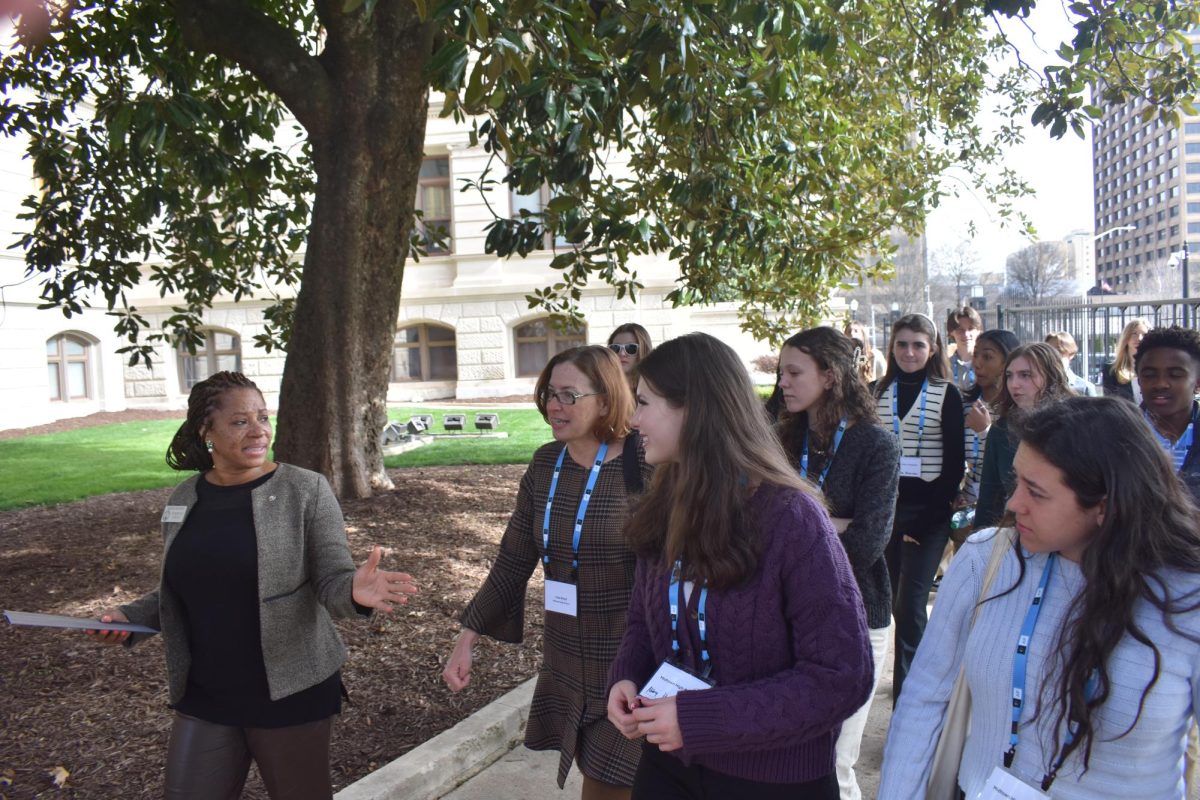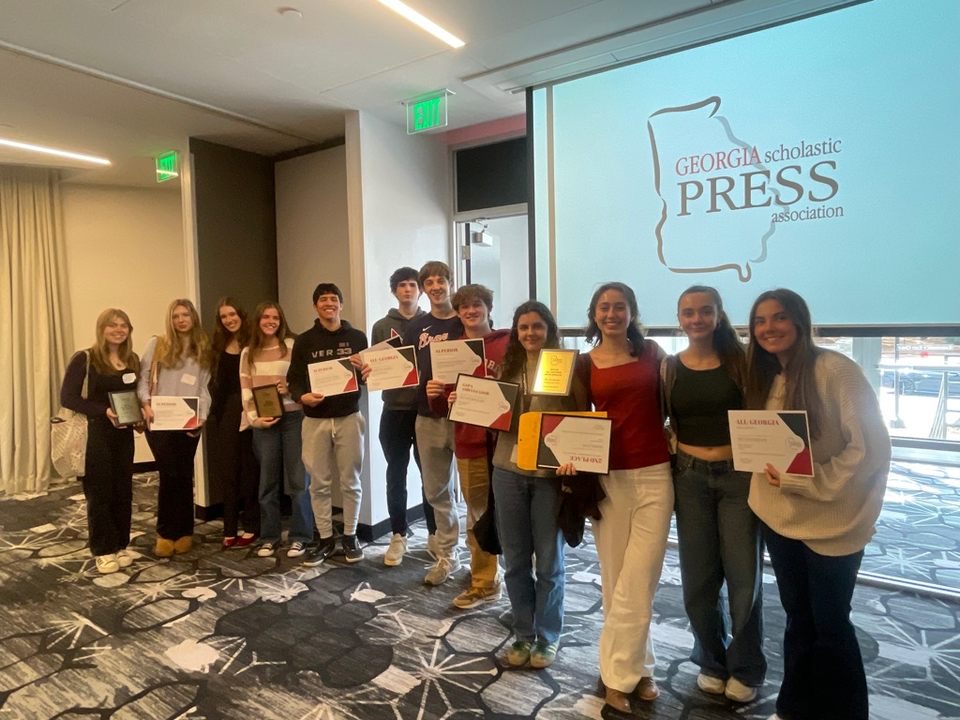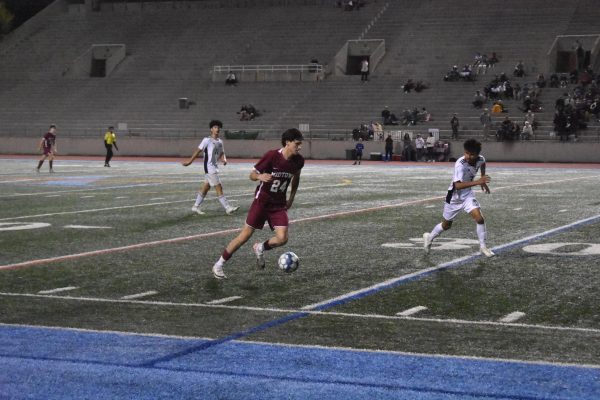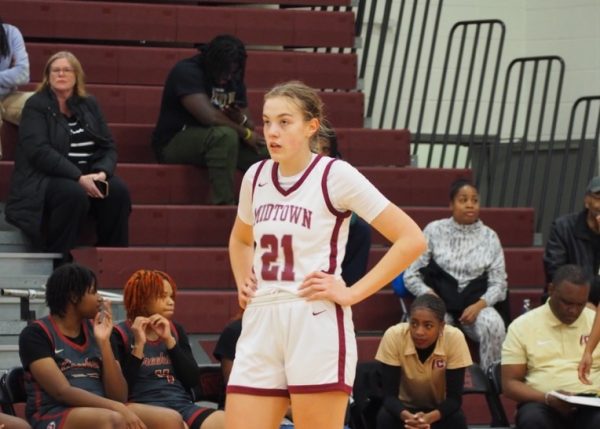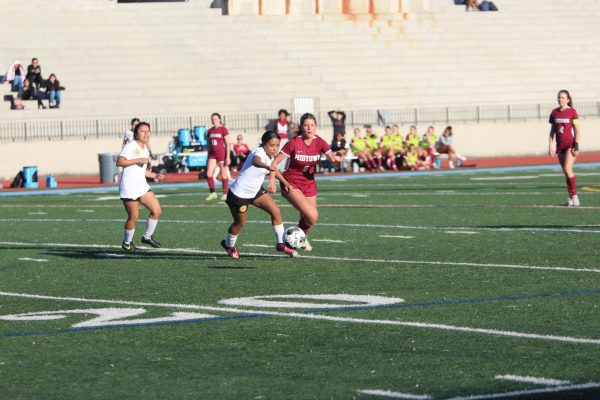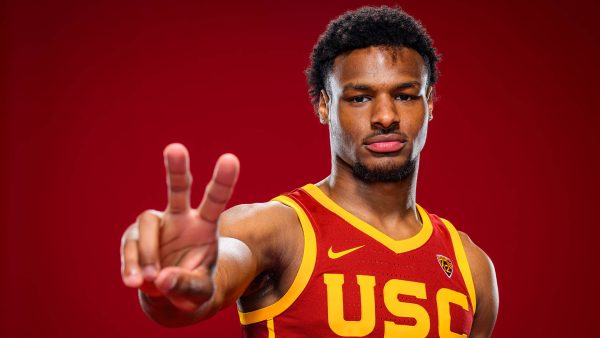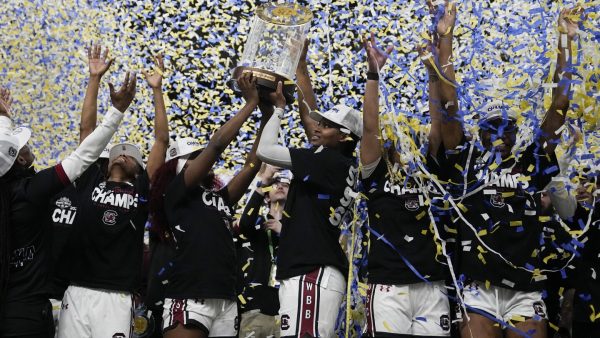The NFL should have a draft lottery
February 1, 2017
By: Jack Rafferty
Comment
The NFL could learn something from the NBA. The NBA has an effective system that allows for parity while simultaneously dissuading teams from “tanking” in order to get high draft picks: the draft lottery. If the NFL were to implement this system, it would encourage teams to be more competitive.
This year, the Cleveland Browns finished with just one win. The San Francisco 49ers finished with two, and the Chicago Bears and Jacksonville Jaguars each had three. Obviously, these teams have weaker rosters compared to the rest of the NFL, which means they are more in need of high draft picks to push them back to relevance.
However, the fact that the picks are guaranteed allows teams to purposefully construct rosters that are not strong enough to be competitive in order to receive high draft picks in the future.
The construction of the Browns’, 49ers’, and Jaguars’ rosters exemplifies this setup. These three teams collectively have almost $130 million in cap room, money that could have been spent on improving their rosters. Instead, these teams built rosters with no intention of succeeding in the short term. Their strategy paid off, as these teams earned the first, second and fourth overall selections.
There’s a reason this strategy has become more and more popular. In any sport, a high first-round draft pick represents a chance at a franchise altering player. In football, a high draft pick could allow for a very talented player to fill the sport’s most important position: quarterback. For example, the Indianapolis Colts went 2-14 in 2011 with very poor quarterback play. The next year, the team picked Andrew Luck with the No. 1 draft pick, and the team finished 11-5 the next three seasons.
We can see similar trends throughout the league, including the Carolina Panthers selecting Cam Newton first and reaching the Super Bowl five years later. In fact, in each of the last two drafts, quarterbacks have gone first and second overall. There is no doubt that a star, especially at quarterback, can completely change a franchise, and the top of the draft is the best place to find one. This year’s draft offers two great quarterbacks who are likely to go to one of these teams: Deshaun Watson from national champion Clemson and Mitch Trubisky from North Carolina.
It makes sense for bad teams to get higher picks. After all, they are in dire need of these potentially franchise-altering players. However, it does not make sense to encourage teams to be bad so that they are guaranteed high picks. It creates less interest, more animosity between fans and owners, and worse games.
In the NBA, having the worst record does not necessarily mean getting the No. 1 draft pick. Instead, every non-playoff team is entered into a draft lottery in which any team that did not qualify for the playoffs can potentially come away with the number one overall selection, or a pick higher and lower than their position in the standings.
Sure, the team with the worst record has the highest probability of getting the No. 1 pick, but it is by no means guaranteed. The best non-playoff team has a chance at winning the first pick, even if it is small. Not only does this make for a more intriguing situation, it also makes “tanking” more difficult.
The NBA’s Philadelphia 76ers’ “process” became famous in recent years for its obvious attempt at purposeful losing, but it would have been more effective in the NFL. For example, in 2014, the 76ers received a pick one slot lower than they would have if there had been no draft lottery. This luck goes both ways, in 2008, the Chicago Bulls had only a 1.4 percent chance of receiving the first pick, but did and selected future MVP Derrick Rose.
Yes, there is still tanking in the NBA. However, the strategy is less effective and more risky because a team is not guaranteed to receive the pick they would with no lottery. No league can ever fully eliminate this issue, but the NFL instituting a lottery would be a good start in creating a more exciting and competitive league.




